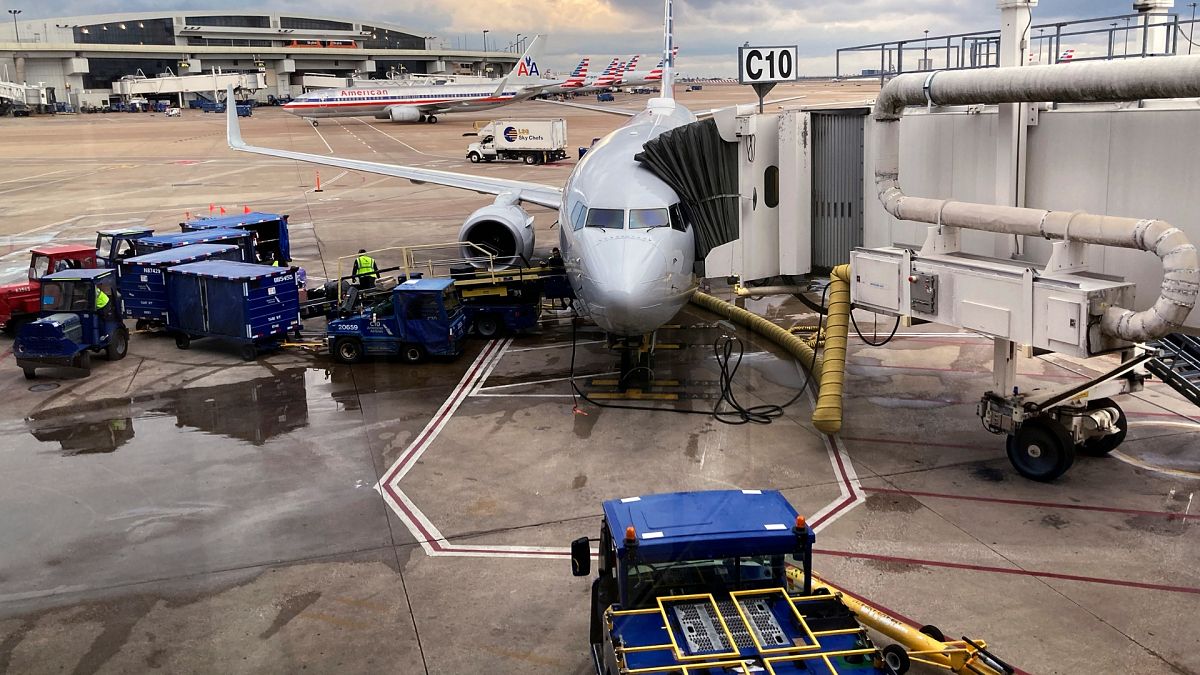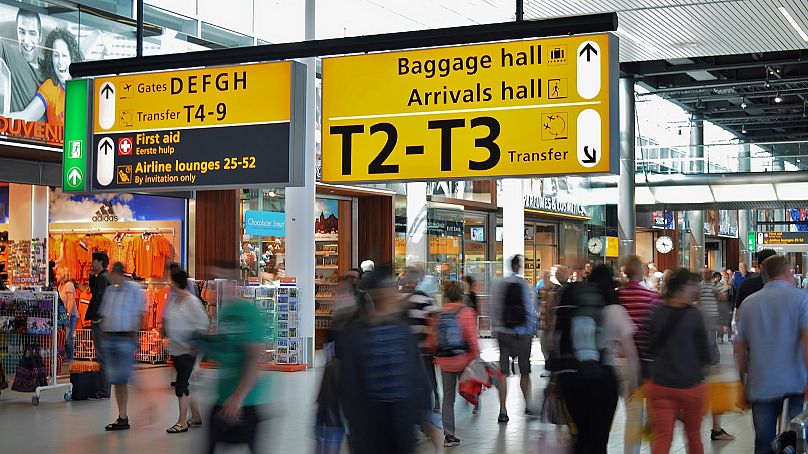The research found only one scenario in which the industry would meet its goal to reach net zero emissions by 2050.
Global tourism is set to double in size by 2050 and with that growth comes increased carbon emissions.
But measures to curb the travel industry's impact on the environment are “woefully inadequate” according to the Travel Foundation.
The sustainability charity says that without urgent action, the industry won’t come close to reaching its emissions cuts targets. These include the Glasgow Declaration goal of halving emissions by 2030 and a 2050 net zero target.
Current strategies that rely on solutions like biofuels and technological advances alone will “reach net zero far too late,” according to Menno Stokman, director at the Centre of Expertise Leisure, Tourism & Hospitality (CELTH).
“So we must reshape the system. From a climate perspective, once we reach net zero we can travel as much as we like,” he says.
These findings come from a report set to be published in 2023 by the Travel Foundation, CELTH, Breda University of Applied Sciences, the European Tourism Futures Institute, and the Netherlands Board of Tourism and Conventions. Here are some of the report’s key takeaways ahead of its release.
Only one scenario will allow the tourism industry to reach net zero by 2050
The team behind the research used a sophisticated modelling technique to explore future scenarios for global travel and tourism.
They found only one scenario in which the industry could meet its 2050 net zero goal.
It involves trillions of dollars of investment in decarbonisation measures, prioritising trips that reduce emissions the most - like rail and road - as well as caps on long distance journeys.
Though they make up just 2 per cent of all trips, long distance travel produces a majority of carbon emissions. According to the report, emissions from this kind of travel will quadruple by 2050, making up 41 per cent of tourism’s total emissions while accounting for just 4 per cent of all journeys.
It recommends limits be applied to the growth of aviation until it is able to fully decarbonise - including a capping long distance trips at 2019 levels.
“As always, the risk is that the most vulnerable people and nations, those that did the least to cause climate change in the first place, will lose out,” says Jeremy Sampson, CEO of the Travel Foundation.
He adds that the charity is urging governments to come together and “consider what’s fair in terms of who pays for this huge investment.”
The tourism industry can’t continue with ‘business as usual’
Recommendations from the report aim to support the Glasgow Declaration on Climate Action in Tourism that was signed at COP26 last year.
Adventure tourism company Intrepid Travel was among the first signatories to the declaration and, alongside Destination Vancouver, Visit Barbados and the Netherlands Tourism Board, is sponsoring the report.
“This research clearly shows the need to plan now for a resilient low carbon tourism sector,” says global environmental impact manager at Intrepid Travel, Dr Susanne Etti.
“We must recognise the future will be different from business as usual and that the climate crisis is not a competitive advantage.”
Etti adds that tourism operators need to come together behind the Glasgow Declaration to speed up global action and decarbonise travel to reach the industry’s “huge potential sustainable development”.




